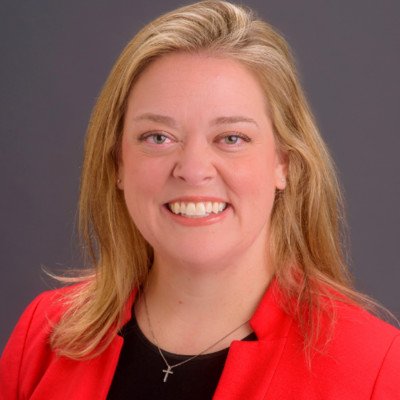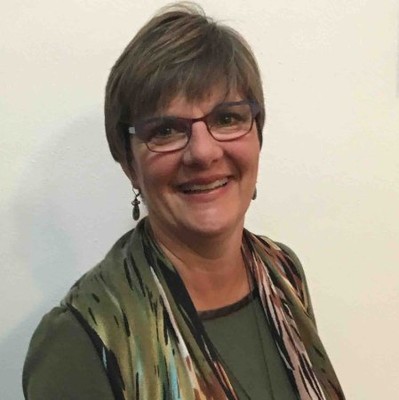Chaffee, Thomas, MD
I am an academic psychiatrist working in the heart of downtown Kansas City, Missouri. I grew up in Kansas City, went to Kansas State University for my undergraduate degree, the University of Kansas for medical school, and the University of Michigan for residency. I am currently employed as an academic psychiatrist in the heart of downtown Kansas City, MO. I work for University Health, which has an affiliation with the University of Missouri Kansas City (UMKC). I have a variety of roles within the department – primarily working with patients with serious and persistent mental illness. I see patients in the office, the community (often doing home visits or doing outreach at homeless shelters or camps), and jail. We have been building a relationship with the judges at the Kansas City Municipal Court – helping to provide mental health care for those incarcerated with city charges. I also have an informal relationship with the UMKC athletic department and see many of the athletes with mental health needs. I recently accepted a position as Assistant Residency Director and enjoy teaching both medical students and residents. I find a deep satisfaction helping patients, who because of their mental illness and systemic inequities, struggle to access basic human needs. I enjoy working within a community of providers and staff who share the same passion.
Presentation(s):




